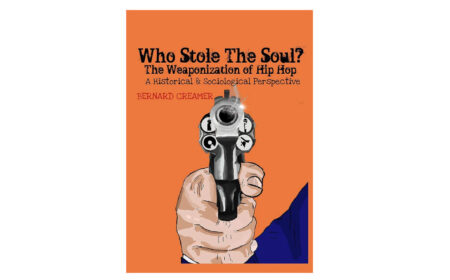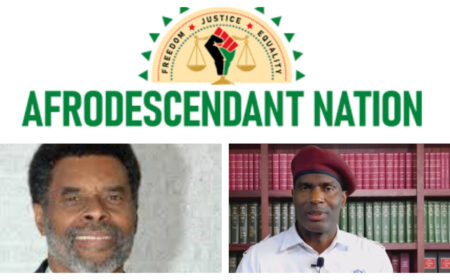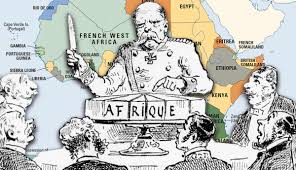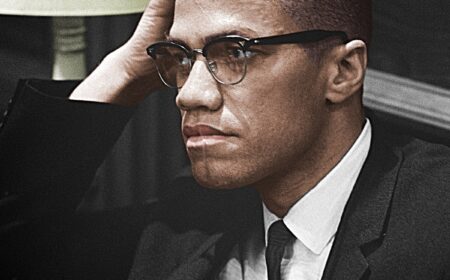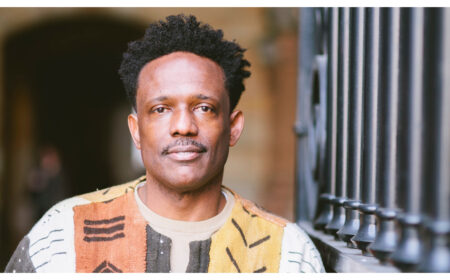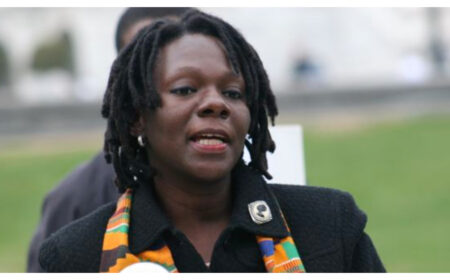Home News Malcolm X in the 21st century
What would he be preaching today?
May 25, 2017

What would el Hajj Malik el-Shabazz (aka Malcolm X) be doing at 92 years of age?
Our Black Shining Prince was born on May 19, 1925, and joined the ancestors on February 21, 1965, assassinated, receiving multiple gunshot wounds while preparing to deliver a speech to the Organization of Afro-American Unity in Manhattan’s Audubon Ballroom. He was 39.
Before his passing, the Nigerians gave him the name Omowale. In Yoruba it means “child who has come home.”
No one can say for sure what Malcolm X would be preaching today, but as he taught us, “Of all our studies, history is best qualified to reward our research. And when you see that you’ve got problems, all you have to do is examine the historic method used all over the world by others who have problems similar to yours. And once you see how they got theirs straight, then you know how you can get yours straight.”
These words were uttered at King Solomon Baptist Church in Detroit, Michigan, during a speech on the nature of revolution at the Northern Negro Grass Roots Leadership Conference on November 10, 1963.
One of the founders of the League of Revolutionary Black Workers, General Gordon Baker Jr. was in attendance that night and yelled “We’ll bleed” as Malcolm X told the audience, “You’re afraid to bleed. The white man sent you to Korea, you bled. He sent you to Germany, you bled. He sent you to the South Pacific to fight the Japanese, you bled. You’ll bleed for white people, but when it comes time to seeing your own churches bombed and little Black girls murdered, you haven’t got no blood.”
We know that Malcolm X was deeply interested in bringing African and Asian forces together. The first large-scale Afro-Asian Conference, a meeting of Asian and African states, most of them newly independent, took place on April 18 to 24, 1955, in Bandung, Indonesia. We also know that politically his views were leaning heavily toward socialism.
Shortly before he died, he went on record saying, “It’s impossible for a white person to believe in capitalism and not believe in racism. You can’t have capitalism without racism.”
He was a firm supporter of British-ruled Kenya’s Land and Freedom Army and the so-called Mau Mau Revolt against white settlers.
Even as a member of the Nation of Islam, Malcolm X had a non-Marxist class analysis of the struggle. Go back and listen to him talk about the house Negro and the field Negro on the Message To The Grassroots speech.
We can bet Malcolm X, with his one-liners, would use social media with the best of us. He understood the role of newspapers and other media in revolutionary struggle.
All the organizations that moved Africans in North America and the world had newspapers. Marcus Garvey’s Universal Negro Improvement Association and African Communities League (UNIA-ACL) had the Negro World. The Nation of Islam had Muhammad Speaks, and Huey P. Newton and Bobby Seale’s Black Panther Party had the Black Panther newspaper.
In his book, Remembering Malcolm, Benjamin Karim, Malcolm X’s assistant minister at Mosque Number 7 in Harlem, writes about how Malcolm X loved cartoons to counter what he called “spookism.”
“Don’t get so wrapped up in God that you lose sight of the world,” Malcolm used to tell us, Karim writes. “And don’t get so wrapped up in the world you lose sight of God: you have to maintain a balance. When you are spooked out, you have definitely lost the balance. You go and get that brother and take him somewhere and watch cartoons.”
Karim also tells how Malcolm X taught him and other ministers the importance of communication. “At the first meeting of the class, Malcolm listed some requirements: a notebook, a dictionary, a thesaurus, an etymology text, a library card and an open, willing mind.”
American cultural historian Maurice Berger called Malcolm X “a visual strategist” and “keen steward of the Nation of Islam’s visual representation.”
In a 2012 column for the New York Times, he writes that, “Malcolm X often carried a camera, his way of ‘collecting evidence,’ as [Black photojournalist] Gordon Parks once observed. He relied on photographs to provide the visual proof of Black Muslim productivity and equanimity that sensationalistic headlines and verbal reporting often negated.
“When photojournalists visited the community, he tried to steer them toward the kinds of affirmative images – contented family life, children at play and school, thriving businesses and institutions – that might subtly ameliorate the negative texts that he knew would inevitably accompany them.”
It must be mentioned that Malcolm X’s Grenada-born mother, Louise Little (née Norton), wrote for the Negro World. Georgia-born Earl Little, Malcolm X’s father, and Louise met and married in Montreal at a UNIA convention. Both were followers of Pan-Africanist Garvey.
Malcolm X talked about the importance of languages and hit the nail on the head when he predicted Chinese and Arabic as important in the future.
In The Autobiography Of Malcolm X, written with Alex Haley, he wrote, “I don’t know anything more frustrating than to be around people talking something you can’t understand. Especially when they are people who look just like you. In Africa, I heard original mother tongues, such as Hausa and Swahili, being spoken, and there I was standing like some little boy, waiting for someone to tell me what had been said; I never will forget how ignorant I felt.”
Malcolm X made it crystal clear before his death that he was a Sunni Muslim. However, he also questioned following anything blindly.
In a speech in Detroit on April 12, 1964, he pointed out, “Islam is my religion, but I believe my religion is my personal business. Put your religion at home in the closet. Keep it between you and your God. Because if it hasn’t done anything more for you than it has, you need to forget it anyway.”
Norman (Otis) Richmond, aka Jalali, was born in Arcadia, Louisiana, and grew up in Los Angeles. He moved to Toronto in the 1960s after refusing to fight in the Vietnam War. He produces Diasporic Music, a radio show for Uhuru Radio, and writes a column for the Burning Spear newspaper.

